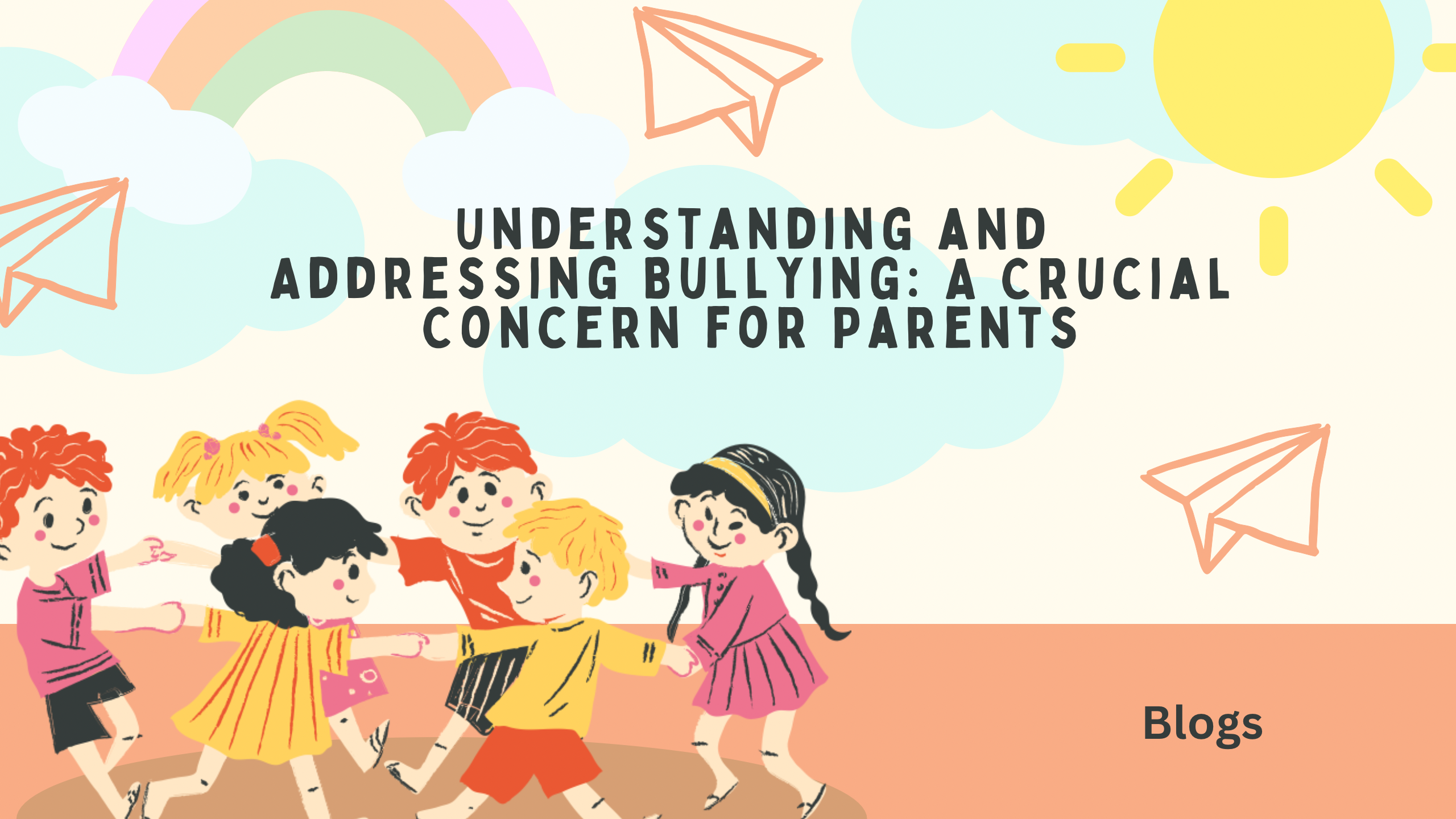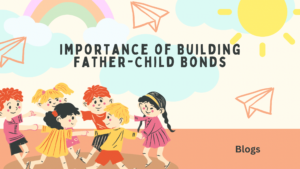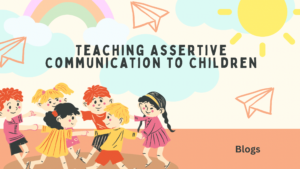Understanding and Addressing Bullying: A Crucial Concern for Parents.
Bullying is a pervasive issue that affects countless children globally, and India is no exception. The impact of bullying on a child’s well-being, both emotionally and mentally, can be profound. As parents navigate the challenges of raising resilient and confident children in the Indian context, addressing and preventing bullying becomes a crucial aspect of their role.
The Impact of Bullying on Children:
Bullying can lead to long-term emotional scars. Children who experience bullying often suffer from anxiety, depression, and low self-esteem, affecting their overall mental health. In India, where the emphasis on academic achievement is high, the stress of bullying can exacerbate existing pressures on children.
A recent study in Mumbai found that children who reported being bullied showed a noticeable decline in academic performance and increased instances of absenteeism. One student shared, “I used to love going to school, but the bullying made it a daily struggle. My grades suffered, and I started avoiding classes.”
Recognizing Signs of Bullying:
Parents need to be vigilant and observant. Recognizing the signs of bullying is crucial for early intervention. Changes in a child’s behavior, sudden withdrawal, or a decline in academic performance may indicate they are experiencing bullying.
A mother from Delhi shared her experience, “I noticed my daughter becoming increasingly reserved and avoiding her school friends. When I asked, she finally opened up about being bullied. It was heartbreaking to see the toll it took on her confidence.”
Open Communication with Children:
Encouraging open communication is key. Parents in India must create an environment where children feel comfortable discussing their experiences. Regular conversations about school, friends, and emotions can uncover signs of bullying.
“I make it a point to have dinner together every night. It’s during these casual conversations that my son opens up about his day. Recently, he shared about a boy in his class who was bothering him. I was grateful he felt safe discussing it with me,” said a father in Bengaluru.
Empowering Children with Coping Strategies:
Teaching resilience equips children to handle bullying. Indian parents can empower their children by teaching them effective coping strategies, such as assertiveness, self-confidence, and conflict resolution.
A school counselor in Chennai highlighted the importance of teaching coping strategies, “I conducted workshops on assertiveness and emotional resilience. It was heartening to see children applying these skills and standing up to bullying in a constructive way.”
Building a Supportive School Environment:
Collaborating with schools is essential. Parents should actively engage with schools to ensure a safe and supportive environment. Schools play a pivotal role in implementing anti-bullying policies and fostering a culture of inclusivity.
A parent in Kolkata shared her positive experience, “When my daughter faced bullying, the school promptly addressed it. They organized awareness sessions, and teachers actively monitored the students. It made a significant difference.”
Utilizing Technology Safely:
Educating children about online safety is crucial. With the increasing use of technology, cyberbullying has become a prevalent concern. Indian parents should educate their children on responsible internet usage and the potential risks associated with online interactions.
A cybersecurity expert in Hyderabad emphasized, “Parents need to be proactive in teaching children about online safety. It’s not just about restricting access but fostering responsible digital citizenship.”
Seeking Professional Help When Needed:
Recognizing when professional help is necessary is vital. If a child’s well-being is significantly impacted, seeking the assistance of mental health professionals is crucial. In India, the stigma around mental health can be a barrier, but awareness is growing.
“I was initially hesitant to seek professional help for my son, fearing judgment. However, when his anxiety persisted, I consulted a child psychologist. It was the best decision; he is now more confident and resilient,” shared a parent in Mumbai.
Community Awareness and Involvement:
Creating community awareness fosters a collective responsibility. Parents can collaborate with community organizations, schools, and local authorities to raise awareness about the detrimental effects of bullying and work towards creating a safer environment for children.
A community leader in Jaipur initiated anti-bullying campaigns, stating, “It’s not just a school issue; it’s a community concern. By organizing workshops and discussions, we involve parents, teachers, and children in fostering a united front against bullying.”
In conclusion, addressing bullying in the Indian context requires a holistic approach involving parents, schools, and the community. By understanding the unique challenges children face in the Indian education system and implementing proactive strategies, parents can contribute to creating a safe and nurturing environment for their children.




